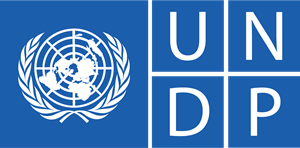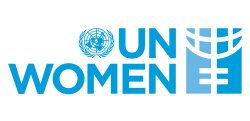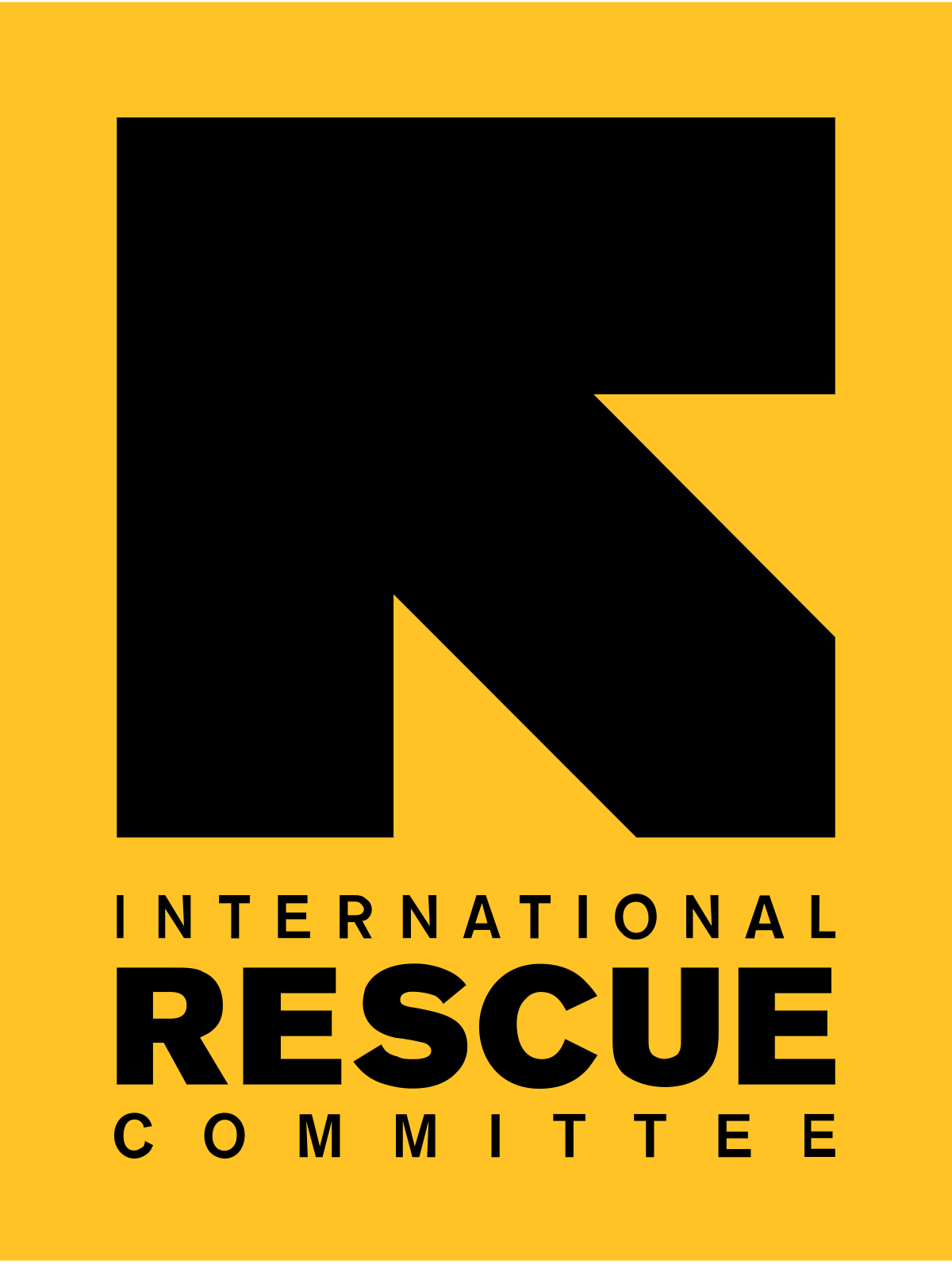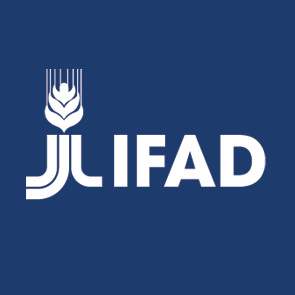Org. Setting and Reporting
Those who are successful in the Young Professionals Programme (YPP) examination process will be placed on a roster used to fill appropriate vacancies. Candidates may be selected from the roster as relevant vacancies become available across the UN Secretariat. The roster is valid and used to fill positions, for a period of three years. It is important to understand that placement on the roster does not guarantee an offer of employment. Candidates selected from the roster will be offered a two-year fixed term contract at the start of their Professional career with the UN. After two years, and subject to satisfactory performance, they may be granted a continuing contract. YPP placements are at either a P-1/P-2 level (entry level professional). Positions may become available at various UN Secretariat offices, including, but not limited to: Addis Ababa, Bangkok, Beirut, Geneva, Nairobi, New York, Santiago, Vienna. Successful candidates must be willing to be placed in a position at any UN duty station or field operation. These positions are located primarily in the Department of Global Communications (DGC) and its worldwide network of information centres, as well as in the UN field offices. In addition, a number of other departments such as the Department of Peace Operations, the Department of Political and Peacebuilding Affairs and the Office for the Coordination of Humanitarian Affairs have need for Global Communications expertise. Global Communications Associate Officers typically report to a senior officer, i.e., a unit chief, section chief, or service chief. Please be sure to carefully read the Special Notice section below and visit careers.un.org/ypp for more information.
Responsibilities
The Young Professionals Programme examination in Global Communications covers a wide range of topics in the areas of public information and communication (public relations, campaign management, marketing and strategic communications, media monitoring and analysis), information and knowledge management, and multimedia production (audio-visual, print, photo, social media). What are some key activities that an Associate Officer in Global Communications may work on? An Associate Communications Officer will contribute to: • Gathering insights and analysis from traditional, social, and digital media monitoring, including public narratives and areas of reputational risk to inform communications strategy. • The implementation of communications strategies that raise awareness, drive engagement, build support, and have a measurable impact with target audiences. • Drafting narratives and messaging on the work of the UN that engages target audiences across different channels and platforms. • Producing audiovisual content: promo video clips, live and on-demand video coverage, studio recording • Conducting media mapping and fostering relationships with media outlets. • Planning and coordination of press conferences, briefings, and media events. • The creation of compelling content that is optimized to reach target audiences across a range of platforms and channels. • Drafting and production of communications products, such as press releases, press statements, web stories, reports, and infographics. • The development and implementation of communications campaigns that engage and have a measurable impact with target audiences through appropriate channels and platforms. • Developing and coordination of strategic communications partnerships with internal and external stakeholders to reach target audiences and maximize impact. • Delivering in-person outreach and advocacy strategies and campaigns to engage target audiences and advance UN priorities. • The creation of content, interviews, news and programming for UN and/or community radio channels and podcasts. • The preparation of inputs for strategic communications in the context of regular reporting to governmental bodies. • The collection and analysis of data as well as identification of trends or patterns and provides draft insights through graphs, charts, tables and reports using data visualization methods for data-driven planning, decision-making, presentation and reporting. It is important that Associate Communications Officer will also: • Keep abreast of the latest trends in communications and maintain expertise in relevant and emerging technologies. • Follow current events and seek an in-depth understanding of the United Nations’ position, response and limitations as they relate to said events. • Maintain confidentiality, integrity, and discreet handling of sensitive information in compliance with the UN data privacy, security requirements, and standards.
Competencies
Professionalism: • Shows pride in work and in achievements • Demonstrates professional competence and mastery of subject matter • Is conscientious and efficient in meeting commitments, observing deadlines and achieving results • Is motivated by professional rather than personal concerns • Shows persistence when faced with difficult problems or challenges • Remains calm in stressful situations • Takes responsibility for incorporating gender perspectives and ensuring the equal participation of women and men in all areas of work Creativity: • Actively seeks to improve programmes or services • Offers new and different options to solve problems or meet client needs • Promotes and persuades others to consider new ideas • Takes calculated risks on new and unusual ideas; thinks "outside the box" • Takes an interest in new ideas and new ways of doing things • Is not bound by current thinking or traditional approaches Client Orientation : • Considers all those to whom services are provided to be “clients” and seeks to see things from clients’ point of view • Establishes and maintains productive partnerships with clients by gaining their trust and respect • Identifies clients’ needs and matches them to appropriate solutions • Monitors ongoing developments inside and outside the clients’ environment to keep informed and anticipate problems • Keeps clients informed of progress or setbacks in projects • Meets timeline for delivery of products or services to client
Education
At least a first-level university degree (i.e., Bachelor’s degree or an equivalent degree of at least three years) in one of the following areas relevant to Communications (to be selected from the “Main Course of Study” dropdown menu): - Arts - Business & Administration - Computing - Journalism & Information - Humanities - Social & Behavioral Science Important: when preparing your application in Inspira, if you do not see your exact degree listed, please choose the field of study that is closest to your degree, from the “Field of Study” and “Main Course of Study” dropdown menus; then type the exact title in original language as well as its translation in English or French in the additional comment boxes. Do NOT select “other” for main course of study or field of study (or you will be automatically disqualified).
Job - Specific Qualification
Not available.
Work Experience
No work experience is required. Relevant work experience may be taken into consideration as an additional screening criteria when more than 90 candidates from the same country apply to the same exam area.
Languages
English and French are the working languages of the United Nations Secretariat. For this job opening, either English
or French is required. The table below shows the minimum required level for each skill in these languages, according to the UN Language Framework (please consult
https://languages.un.org for details).
Required Languages
| Language | Reading | Writing | Listening | Speaking |
|---|
| English | UN Level II | UN Level II | UN Level II | UN Level II |
| French | UN Level II | UN Level II | UN Level II | UN Level II |
Assessment
The assessment process is divided into 3 stages: 1. Screening of applications 2. Written examination taken online 3. Oral examination / Interviews Knowledge of UN languages may be tested at any of these stages. • Applications will be screened on the basis of the eligibility criteria in this Job Opening. • The written examination will be conducted via an online testing platform. Candidates convoked for the written examination will be responsible for identifying and securing a location suitable for them to complete the examination (i.e., a computer with a reliable internet connection). Further information regarding the online testing platform and exam preparation guidance will be provided to those convoked for the examination. o The written examination is planned to be offered in two parts, with the following tentative timeframe (exact dates to be announced): o Part I (likely in February 2026) consists of 1) the General Paper, which assesses competencies and abilities critical to success in working in an international affairs context, and 2) first part of the Specialized Paper, multiple choice questions which assess knowledge and attributes relevant to the exam area. o Part II (1-2 months after stage 1) consists of the second part of the Specialized Paper, constructed response items (i.e., open-ended questions) which assess knowledge and attributes relevant to the exam area. Only examinees successful in part one of the online exam will be invited to participate in the second part. • Only examinees who are successful in the overall written examination will be invited to the oral examination. The oral examination will be conducted via online video conference. The oral examination will assess the key competencies for the job family, as described in the Job Opening. Part of the final assessment stage, either before, during or after the oral examination may include an element to verify the candidate’s answers given in the Specialized Paper as well as the information in the Candidate Profile submitted. The anticipated timeframe for the oral examinations is June 2026.
Special Notice
The purpose of the present Job Opening is to invite applications from external candidates who wish to take the Young Professionals Programme (YPP) examination in Global Communications. Applicants are strongly encouraged to visit the YPP Careers Page to learn more: careers.un.org/ypp. UN Secretariat General Service (or equivalent) staff members who are eligible to apply through the “G to P” or “G to N” track must not apply through this Job Opening. All others should apply via this external opening (including UNV, JPO, National Officers, interns). • Applicants must meet the following eligibility requirements: 1. Have at least a first level university degree (Bachelor’s degree or at least a three-year equivalent) in the fields of study listed in the Education Section of this Job Opening; 2. Be 32 years old or younger by the end of this year (born on or after 1 January 1993); 3. Be fluent in either English or French; and 4. Have the nationality of a participating Member State. The participating Member States for 2025 YPP are: Andorra, Angola, Belize, Brunei Darussalam, China, Cuba, Democratic People's Republic of Korea, Dominica, Equatorial Guinea, Germany, Grenada, Guinea-Bissau, Indonesia, Iran (Islamic Republic of), Israel, Japan, Kiribati, Kuwait, Lao People's Democratic Republic, Liberia, Libya, Liechtenstein, Luxembourg, Malta, Marshall Islands, Micronesia (Federated States of), Monaco, Nauru, Oman, Palau, Panama, Papua New Guinea, Paraguay, Qatar, Saint Vincent and the Grenadines, Sao Tome and Principe, Saudi Arabia, Singapore, Slovenia, Solomon Islands, Timor-Leste, Turkmenistan, Tuvalu, United Arab Emirates, United States of America, Vanuatu, Viet Nam If more than 90 applicants from the same country apply for the same exam area, those applicants will be further screened and ranked according to points given for the following additional qualifications: highest level of education completed, knowledge of official UN languages, and relevant work experience. The “top 90” applicants per country per exam area will be convoked to the first stage of the online exam. A maximum of 60 applicants per country per exam area will move forward from the first stage of the online exam to the second stage, based on exam performance. • APPLICANTS MUST SUBMIT SCANNED COPIES OF THE FOLLOWING DOCUMENTS, AS ATTACHMENTS IN THEIR APPLICATIONS, TO BE CONSIDERED. o Passport or a valid identification document issued by a state authority, showing your name, birth date and nationality, with a photograph; o Documentation of University degree(s) (e.g., diploma, transcript or similar official document), reflecting the main course of study selected. • Those who are successful in the YPP examination process will be placed on a roster used to fill appropriate entry-level (P1/P2) vacancies. Candidates may be selected from the roster as relevant vacancies become available across the UN Secretariat, at various offices globally. The roster is valid and used to fill positions, for a period of three years. It is important to understand that placement on the roster does not guarantee an offer of employment. • To learn more about YPP, including the examination process, roster management and recruitment, visit the YPP page on the UN Careers Portal: https://careers.un.org/ypp. Click “apply” to activate the Virtual Assistant or Chatbot, Alba, in Inspira. Alba will answer questions about the YPP.
United Nations Considerations
According to article 101, paragraph 3, of the Charter of the United Nations, the paramount consideration in the employment of the staff is the necessity of securing the highest standards of efficiency, competence, and integrity. Candidates will not be considered for employment with the United Nations if they have committed violations of international human rights law, violations of international humanitarian law, sexual exploitation, sexual abuse, or sexual harassment, or if there are reasonable grounds to believe that they have been involved in the commission of any of these acts. The term “sexual exploitation” means any actual or attempted abuse of a position of vulnerability, differential power, or trust, for sexual purposes, including, but not limited to, profiting monetarily, socially or politically from the sexual exploitation of another. The term “sexual abuse” means the actual or threatened physical intrusion of a sexual nature, whether by force or under unequal or coercive conditions. The term “sexual harassment” means any unwelcome conduct of a sexual nature that might reasonably be expected or be perceived to cause offence or humiliation, when such conduct interferes with work, is made a condition of employment or creates an intimidating, hostile or offensive work environment, and when the gravity of the conduct warrants the termination of the perpetrator’s working relationship. Candidates who have committed crimes other than minor traffic offences may not be considered for employment. Due regard will be paid to the importance of recruiting the staff on as wide a geographical basis as possible. The United Nations places no restrictions on the eligibility of men and women to participate in any capacity and under conditions of equality in its principal and subsidiary organs. The United Nations Secretariat is a non-smoking environment. Reasonable accommodation may be provided to applicants with disabilities upon request, to support their participation in the recruitment process. By accepting a letter of appointment, staff members are subject to the authority of the Secretary-General, who may assign them to any of the activities or offices of the United Nations in accordance with staff regulation 1.2 (c). Further, staff members in the Professional and higher category up to and including the D-2 level and the Field Service category are normally required to move periodically to discharge functions in different duty stations under conditions established in ST/AI/2023/3 on Mobility, as may be amended or revised. This condition of service applies to all position specific job openings and does not apply to temporary positions. Applicants are urged to carefully follow all instructions available in the online recruitment platform, inspira, and to refer to the Applicant Guide by clicking on “Manuals” in the “Help” tile of the inspira account-holder homepage. The evaluation of applicants will be conducted on the basis of the information submitted in the application according to the evaluation criteria of the job opening and the applicable internal legislations of the United Nations including the Charter of the United Nations, resolutions of the General Assembly, the Staff Regulations and Rules, administrative issuances and guidelines. Applicants must provide complete and accurate information pertaining to their personal profile and qualifications according to the instructions provided in inspira to be considered for the current job opening. No amendment, addition, deletion, revision or modification shall be made to applications that have been submitted. Candidates under serious consideration for selection will be subject to reference checks to verify the information provided in the application. Job openings advertised on the Careers Portal will be removed at 11:59 p.m. (New York time) on the deadline date.
No Fee
THE UNITED NATIONS DOES NOT CHARGE A FEE AT ANY STAGE OF THE RECRUITMENT PROCESS (APPLICATION, INTERVIEW MEETING, PROCESSING, OR TRAINING). THE UNITED NATIONS DOES NOT CONCERN ITSELF WITH INFORMATION ON APPLICANTS’ BANK ACCOUNTS.





